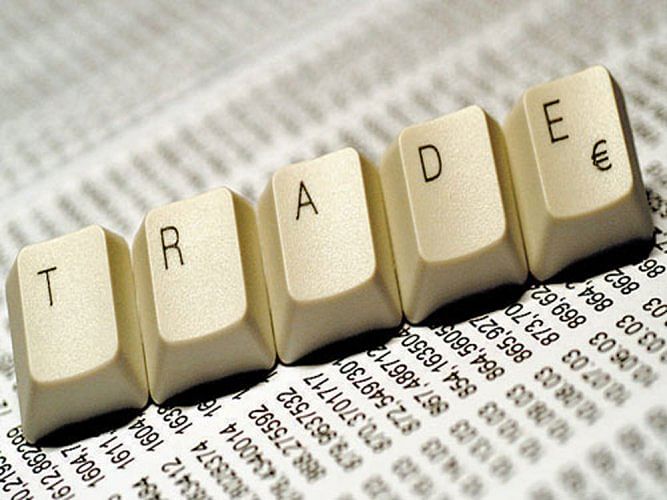
India plans to increase import duties on more than 50 items including electronics, electrical goods, chemicals and handicrafts, targeting about $56 billion worth of imports from China and elsewhere, officials and industry sources said.
Finance Minister Nirmala Sitharaman could make the announcement when she presents her annual budget for 2020/21 on Feb. 1, along with other stimulus measures to revive sagging economic growth, one of the government officials said.
Higher customs duties are likely to hit goods such as mobile phone chargers, industrial chemicals, lamps, wooden furniture, candles, jewellery and handicraft items, two government sources with direct knowledge of the matter said.
The move could hit smartphone manufacturers that still import chargers or other components such as vibrator motors and ringers, along with retailers such as giant IKEA that is in the process of expanding its footprint in India.
IKEA had previously flagged higher Indian customs duties as a challenge.
The government had identified items and decided to increase import tariffs by 5%-10% as recommended by a panel of trade and finance ministry officials, among others, the second government official said.
"Our aim is to curb imports of non-essential items," said the official, adding a hike in import duties would provide a level playing field for local manufacturers-hit by cheap imports from China, the Association of Southeast Asian Nations (ASEAN), and other countries that enjoy trade pacts with India.
The sources asked not be identified as the discussions were private.
A spokesman for the finance ministry and a spokeswoman for the commerce ministry declined to comment.
Since taking charge in 2014, Prime Minister Narendra Modi has imposed several restrictions on imports while allowing more foreign investment in manufacturing, defence and other sectors.
Modi's ruling Bharatiya Janata Party (BJP) has also asked the government to increase duties on non-essential items to boost local manufacturing.
"We expect the budget will address the issue of ... cheap imports under free trade pacts," Gopal Krishan Agarwal, the head of BJP's Economic Affairs Cell, told Reuters.
A committee of trade ministry officials in consultation with local industries had initially planned to target more than 130 items accounting for roughly $100 billion worth of imports, but it has since pruned the list, the first official said.
Import Quality Standards
The government is separately considering imposing "quality standards" on imports as less than 10% of India's tariff lines are regulated for safety, health and environmental standards, an industry official, who is participating in the pre-budget consultations, said.
Ahead of the budget, the trade ministry has also asked the finance ministry to consider a Border Adjustment Tax (BAT) on imported goods to level the playing field for domestic players that also have to pay local taxes like electricity duties and levies on fuel, the second government official said.
The official added this could be imposed on top of any tariffs further raising the costs of imported goods.
Last July, the government raised import tax on more than 75 items, including gold and automobile parts, in its post-election budget.
India's goods imports, which had been growing faster than exports in the last several years, fell some 8.90% during the April-December period from year-earlier levels, compared to a roughly 2% decline in exports.
This has helped the Modi administration cut its trade deficit that stood at $118 billion during April-December, down from $148 billion a year earlier.
The United States wants India to buy at least another $5-6 billion worth of American farm goods if New Delhi wants to win reinstatement of a key U.S. trade concession and seal a wider pact, four sources familiar with the talks told Reuters.
U.S. President Donald Trump cited trade barriers last year when removing India from its Generalized System of Preferences programme that allowed zero tariffs on $5.6 billion of exports to the United States. In retaliation, India slapped higher tariffs on more than two dozens U.S. products.